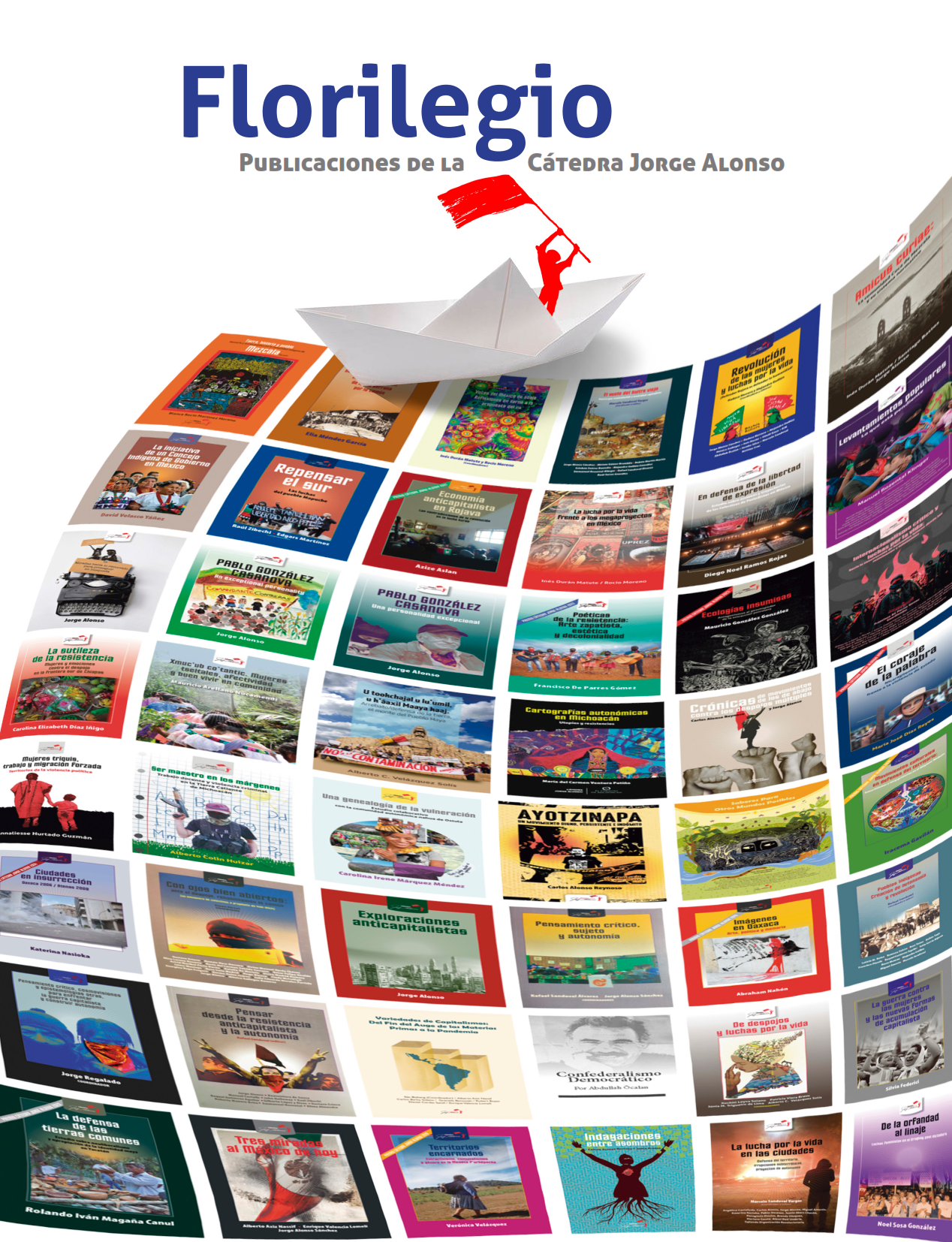Sensitivity analysis of a direct problem solution to kinetic parameters changes in a given range
Abstract
ABSTRACT
The paper shows a technique of researching the direct kinetic problem sensitivity to the variation of the kinetic parameters within a given range. This technique is based on the use of the computing device of the interval analysis. The direct problem solution in the conditions of kinetic parameter uncertainty was received by the interval method of the solution of a Cauchy problem for differential equations system. The interval characteristics received during this method application were used for the research of reagents and product concentration sensitivity about kinetic parameters of a mathematical model of industrially important reaction.
RESUMEN
El artículo muestra una técnica de investigación de la sensibilidad del problema cinético directo a la variación de los parámetros cinéticos. Esta técnica se basa en el uso del dispositivo informático del análisis de intervalos. La solución del problema directo en las condiciones de incertidumbre de los parámetros cinéticos se recibió mediante el método de solución de intervalo de un problema de Cauchy para el sistema de ecuaciones diferenciales. Las características de intervalo recibidas durante la aplicación de este método se usaron para la investigación de reactivos y sensibilidad de concentración de productos en relación con reacciones de importancia industrial.
References
ANNÍA G, María Eugenia., VILLALOBOS ANTÚNEZ, José Vicente., ROMERO PABÓN, Julio Cesar., RAMÍREZ MOLINA, Reynier Israel., & RAMOS MARTÍNEZ, Yanelis. (2018). “Conciencia ética en organizaciones universitarias: un estudio fenomenológico de la praxis como continua formación”. In Revista Inclusiones, 5(4), pp. 179-195.
ARIS, R (2000). The Optimal Design of Chemical Reactors A Study in Dynamic Programming by Rutherford Aris (Vol. 3). Elsevier.
EPSTEIN, IR, KUSTIN, K, DE KEPPER, P, & ORBÁN, M. (1983). “Oscillating chemical reactions”. Scientific American, 248(3), pp. 112-123.
FIELD, RJ, & NOYES, RM (1974). “Oscillations in chemical systems. IV. Limit cycle behavior in a model of a real chemical reaction”. The Journal of Chemical Physics, 60(5), pp. 1877-1884.
GRIGORYEV, I, MUSTAFINA, S, & LARIN, O (2016). “Numerical solution of optimal control problems by the method of successive approximations”. International Journal of Pure and Applied Mathematics, 111(4), pp. 617-622.
KALMYKOV, SA, SHOKIN, YI, & YULDASHEV, ZK (1986). “Methods of interval analysis”. Science Press, Siberian Division, Novosibirsk.
KALOGEROPOULOS, P, RUSSO, JA, SULLIVAN, P, KLOOGER, M, & GUNNINGHAM, S (2020). “Re-enfranchising Mathematically-alienated Students: Teacher and Tutor Perceptions of the Getting Ready in Numeracy (G.R.I.N.) Program”. International Electronic Journal of Mathematics Education, 15(1).
KHAYDAROV, AG, CHEPIKOVA, VN, KHOLODNOV, VA, BOROVINSKAYA, ES, & RESHETILOVSKIY, VP (2012). “Research of sensitivity of kinetic parameters of biocatalytic process with the use of an interval method”. In News of the St. Petersburg state institute of technology, 14, pp. 112-114. technical university.
LAUREANO, RMS, FERNANDES, AL, HASSAMO, S, & ALTURAS, B (2018). “Facebook Satisfaction and Its Impacts on Fundraising”: A Case Study at a Portuguese Non-Profit Organization. Journal of Information Systems Engineering & Management, 3(1), pp. 4-7.
MOHAMMADI, S, & YEKTA, P, (2018). “The Effect of Emotional Intelligence on Job Satisfaction among Stuff Nurses in Intensive Care Units”. UCT Journal of Social Sciences and Humanities Research, 6(2), pp. 1-7.
MOORE, RE (1979). Methods and applications of interval analysis. Society for Industrial and Applied Mathematics.
MUSTAFINA, S, VAYTIEV, V, & GRIGORYEV, I (2017). “The method of the research of the direct problem to the variation of the kinetic parameters within a given range”. International Journal of Pure and Applied Mathematics, 112(4), pp. 805-815.
NICKEL, KL (Ed) (2014). Interval mathematics 1980. Elsevier.
NOORADI, M, BAGHERI NIA, H, & OULIAEY, A (2017). “Are the manager's bases of power related to job satisfaction?” UCT Journal of Management and Accounting Studies, 5(3), pp. 71-75.
RAMÍREZ MOLINA, Reynier Israel; LAY, Nelson; AVENDAÑO, Inirida & HERRERA, Belina. (2018). “Liderazgo resiliente como competencia potenciadora del talento humano”. In Opción. Revista de Ciencias Humanas y Sociales. Vol. 34, No. 86: 826-854. Maracaibo (Venezuela).
RINCÓN, Yanyn; SUKIER, Harold; CONTRERAS, Jairo & RAMÍREZ MOLINA, Reynier Israel. (2019). “Responsible Communication Strategies for Small and Medium-Sized Enterprises”. In Opción. Revista de Ciencias Humanas y Sociales. Vol. 35, No.89-2: 1208-1234. Universidad del Zulia. Maracaibo (Venezuela).
OSTROVSKY, GM, VOLIN, YM, BARIT, EI, & SENYAVIN, MM (1994). “Flexibility analysis and optimization of chemical plants with uncertain parameters”. Computers & chemical engineering, 18(8), pp. 755-767.
PAKDEL, M, & ASHRAFI, M (2019). “Relationship between Working Capital Management and the Performance of Firm in Different Business Cycles”. Dutch Journal of Finance and Management, 3(1).
SHANGAREEVA, G, GRIGORYEV, I, & MUSTAFINA, S (2016). “Comparative analysis of the numerical solution of optimal control problems”. International Journal of Pure and Applied Mathematics, 110(4), pp. 645-649.
SHARY, SP (2013). Finite-dimensional interval analysis. Institute of Computational Technologies, SB RAS, Novosibirsk.
SLINKO, MG (2004). “Fundamentals and principles of mathematical modeling of catalytic processes”. Boreskov Catalysis Institute, Novosibirsk (2004, in Russian), p. 488.
SPIVAK, SI (2009). “Informativeness of kinetic measurements”. Bulletin of the Bashkir University, 14(3 (1)), pp. 1056-1059.
TSAREVA, ZM, & ORLOVA, EI (1986). “Teoreticheskie osnovy khimicheskoi tekhnologii (Theoretical Foundations of Chemical Technology)”. Theoretical Foundations of Chemical Engineering, Kyiv: Vishcha Shkola, 35.









